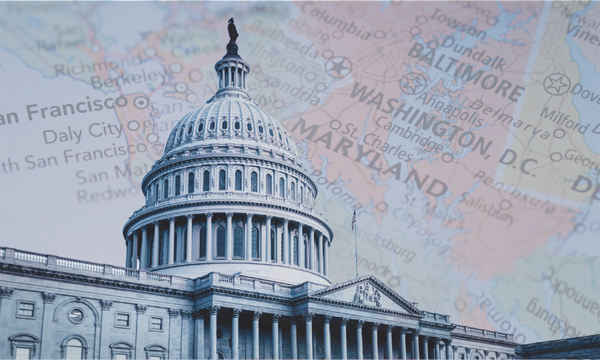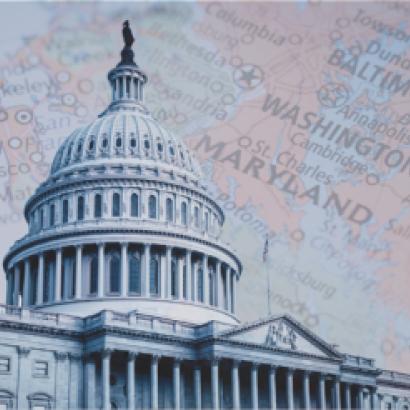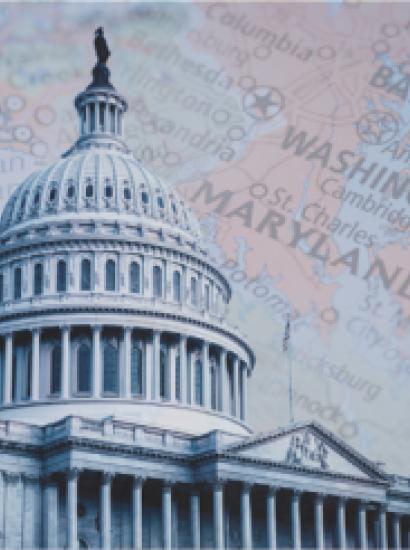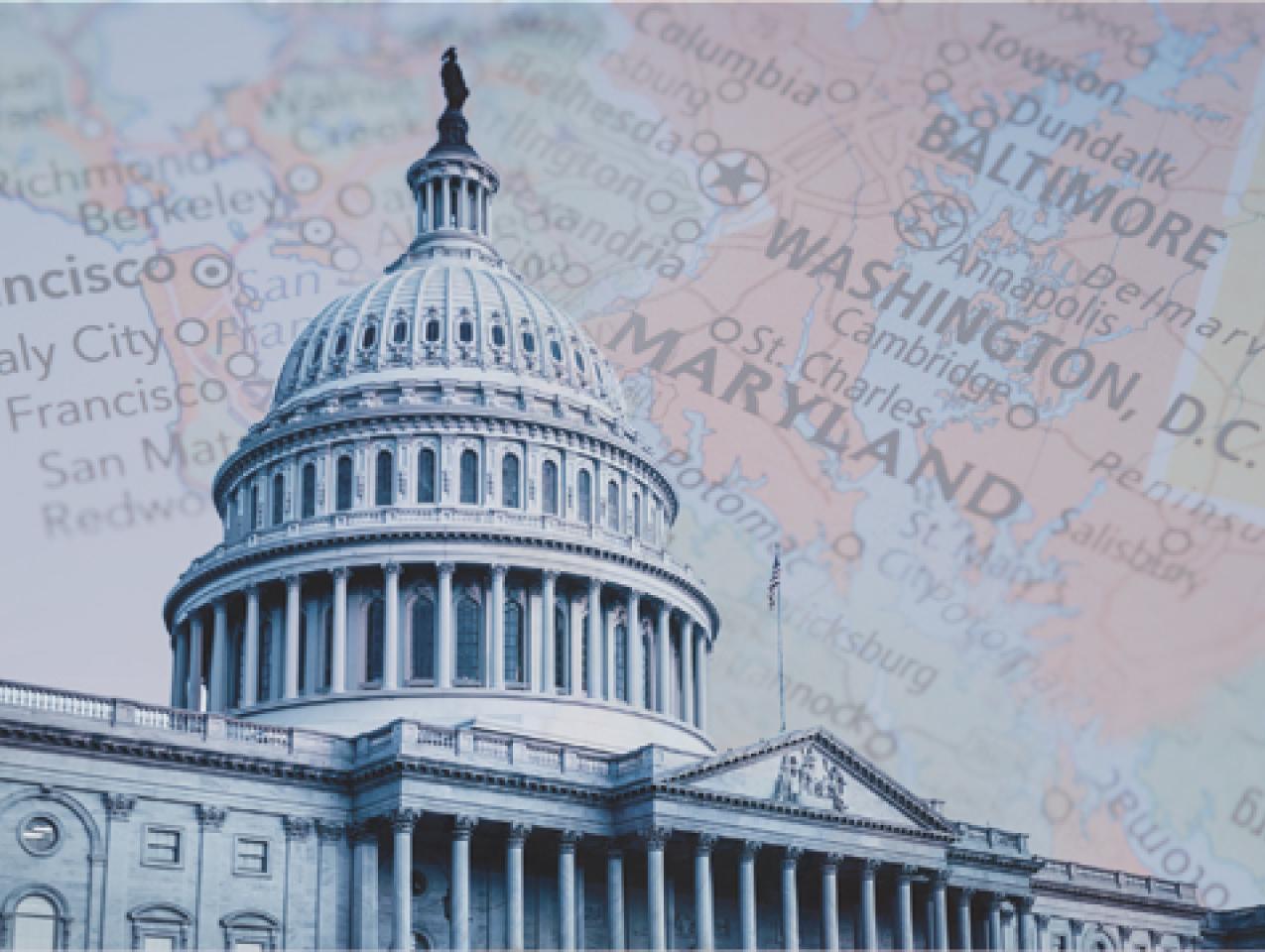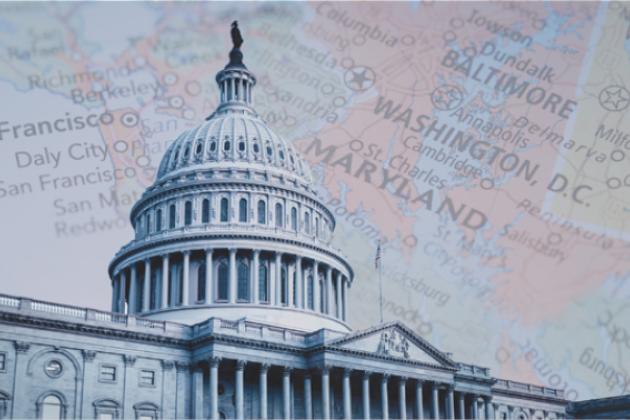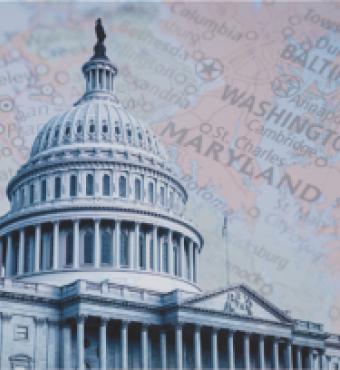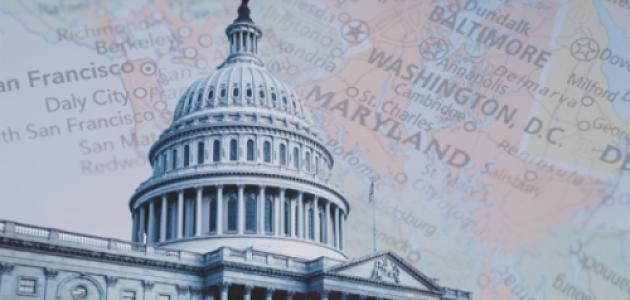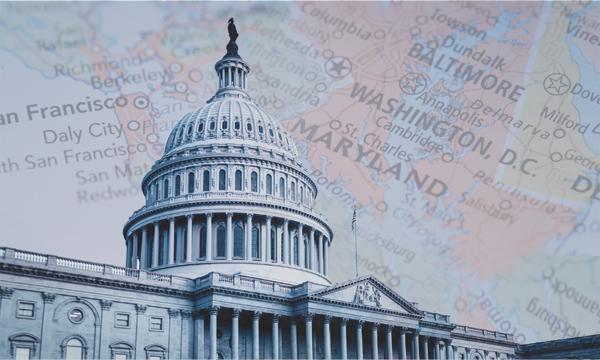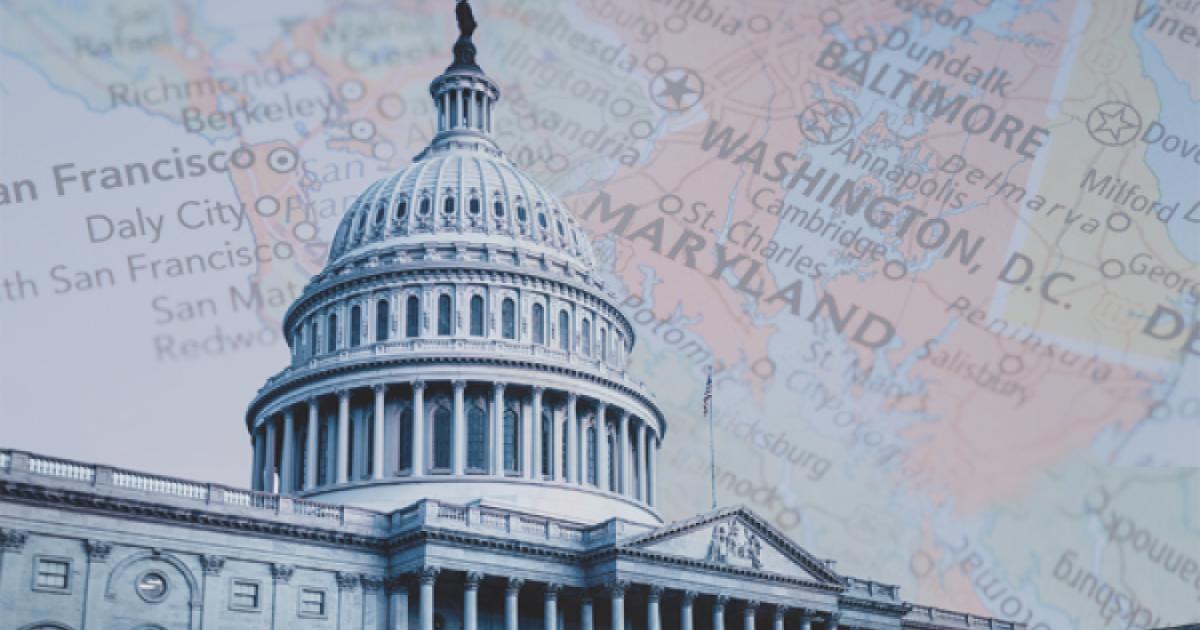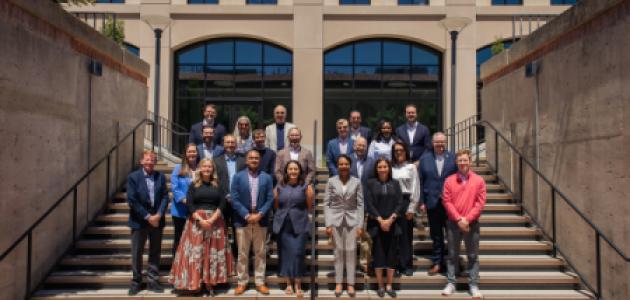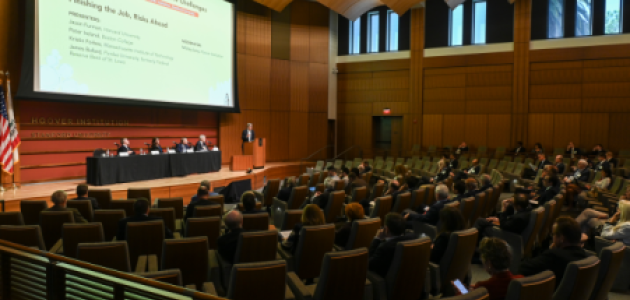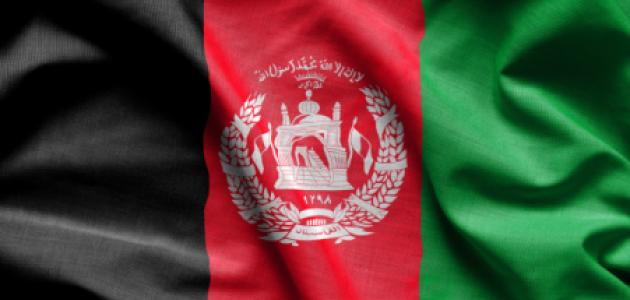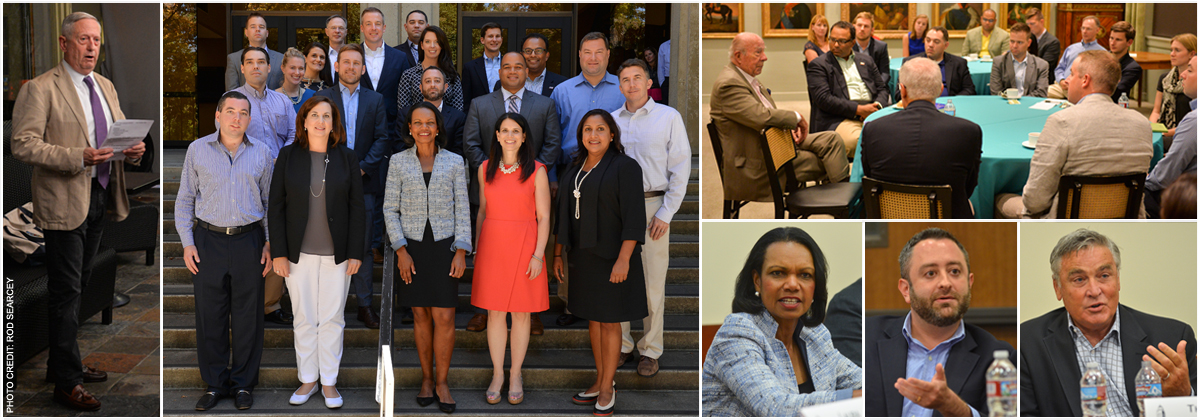
For Hoover fellows and their research, the Hoover Institution in Washington is a valuable conduit into national policy debates on Capitol Hill. Hoover’s Washington office recently launched a new initiative, the Congressional Fellowship Program, which brings the Hill to Hoover.
Like other programs for media and policy professionals, including media roundtables and policy boot camps, congressional fellows visit Hoover’s Stanford University campus for a comprehensive, multiday introduction to the institution. Congressional fellows tour Hoover’s campus and meet with Hoover fellows and leadership. They also participate in educational briefings from Hoover scholars about issues driving policy initiatives on Capitol Hill.
Hoover opened admissions for the inaugural class in the spring of 2016; prospective fellows were asked to include written statements of intent and letters of recommendations in their applications.
“We rolled the dice a little bit in making the process of selecting our attendees so rigorous,” said Mike Franc, director of DC programs, “but it befits the selectivity of Hoover and Stanford.” Despite the challenging admissions standards, the DC office received applications from nearly one hundred qualified congressional staffers—many personally recommended by members of Congress, greatly exceeding the expected results. “Usually when organizations invite congressional staff delegations like this, you have to recruit participants aggressively, and beg them to please make time in their schedule to come to your event,” said Franc. “Here, they solicited us.”
Although Hoover’s DC office focused on senior Hill staff in selecting the inaugural class it also aimed for diversity in party affiliation, staff roles, and areas of expertise.
“It’s important to work with different audiences on the Hill,” said Franc. “We had senior staff that reflected a really good cross section of the whole institution of Congress.” The inaugural class included congressional staff from the Senate and House, Democrats and Republicans, committee staff, leadership staff, legislative directors, and chiefs of staff. “All these different perspectives touch different parts of the ‘Hill elephant,’” Franc joked. “It turned out to be a really great group.”
Curriculum for the inaugural class included a talk by Thomas W. and Susan B. Ford Fellow George P. Shultz on his Blueprint for America project, Peter and Helen Bing Senior Fellow Michael McFaul on relations between the United States and Russia, George P. Shultz Senior Fellow John B. Taylor on monetary policy reform, and Senior Fellow John Cochrane on policies for restoring economic growth. Hoover fellows Condoleezza Rice, Eric Hanushek, General Jim Mattis, Morris Fiorina, Doug Rivers, Abbas Milani, and Lee Ohanian also delivered talks.
Participants also highlighted the opportunity to interact with Hoover scholars through open dialogues. “It’s great to have informal exchanges with people you don’t normally get a chance to work with,” said one congressional fellow.
“The engagement of congressional staff in the sessions was really good,” recalled Franc. “Our fellows were excited to do it.”
In addition to providing valuable information, the program introduced Hoover fellows to congressional staff as an ongoing resource for policy analysis and testimony. “A number of speakers were approached by staff about testifying at committee hearings,” reported Franc. “A few months from now, when they’re trying to figure out which witnesses to bring to a hearing, they’re going to be thinking about Hoover.”
“It’s almost like they’ve done a scouting report.”
Going forward, Hoover will host a minimum of two classes of Congressional Fellows each year, including general policy primers and issue-focused programs, further strengthening Hoover’s growing educational influence on Capitol Hill.







